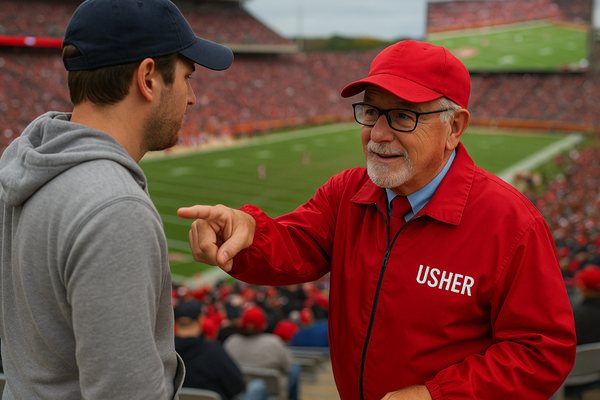WNBA Expansion: A League Skyrocketing to New Heights

The WNBA isn’t just growing—it’s surging, surpassing expectations which is setting the stage for a new era in women’s professional sports. In a move that showcases both bold vision and undeniable momentum, the league has announced the addition of three new franchises: Cleveland (2028), Detroit (2029), and Philadelphia (2030). That brings the total number of teams to 18, a milestone that signals the WNBA is more than ready for prime time.
This expansion wave is more than a numbers game. It comes on the heels of a record-breaking season that saw skyrocketing viewership, sell-out crowds, and a merch boom fueled in part by the arrival of college superstars like Caitlin Clark. And the league isn't slowing down: the Golden State Valkyries made their debut this year, while new teams in Toronto and Portland are gearing up for their inaugural tip-offs next season. These cities join an already growing roster of new markets welcoming women's pro basketball, including the Bay Area and international territory in Canada.
Here’s the full expansion lineup as it currently stands:
- Golden State Valkyries (2024)
- Toronto, Canada (2025)
- Portland, Oregon (2025)
- Cleveland, Ohio (2028)
- Detroit, Michigan (2029)
- Philadelphia, Pennsylvania (2030)
But the growth story goes far beyond the hardwood. The WNBA's financials are heating up too. According to Sportico, franchise valuations have ballooned 180% year-over-year, bringing the total league valuation to $3.5 billion. That puts the average team value at $269 million—up from $96 million just a year ago. Those are NBA-caliber jumps, and they underscore the WNBA's transformation from a niche league to a bona fide business powerhouse.
"It’s not just about basketball anymore," said one league insider. "It’s about building a media brand, investing in community, and creating generational wealth for women in sports."
Each expansion city presents a fresh opportunity—not just for the league, but for the communities themselves. For cities like Cleveland and Detroit, the WNBA offers a chance to revitalize local sports culture, attract new fans, and stimulate economic growth through job creation and tourism. In markets like Toronto and Portland, the addition of a WNBA team signals a broader shift toward global inclusion and cross-border fandom. These teams bring with them community programs, youth engagement initiatives, and a visible investment in women's leadership and empowerment.
The industry as a whole is also poised to benefit. Sponsors and media partners are taking notice of the WNBA's surging cultural relevance, with companies eager to align with a league that represents equity, excellence, and forward-thinking brand values. For the ticketing and events ecosystem, this is a prime moment to develop innovative fan experiences, loyalty programs, and community-driven activations tailored to a new generation of basketball enthusiasts.
What’s clear is this: the WNBA isn’t just expanding in size—it’s expanding its footprint in culture, business, and sports history. As more investors, cities, and fans join the movement, the league's momentum looks unstoppable.
For ticketing professionals, sports marketers, and brand partners, now’s the time to get in the game. The WNBA is building more than a league—it’s building a legacy.




